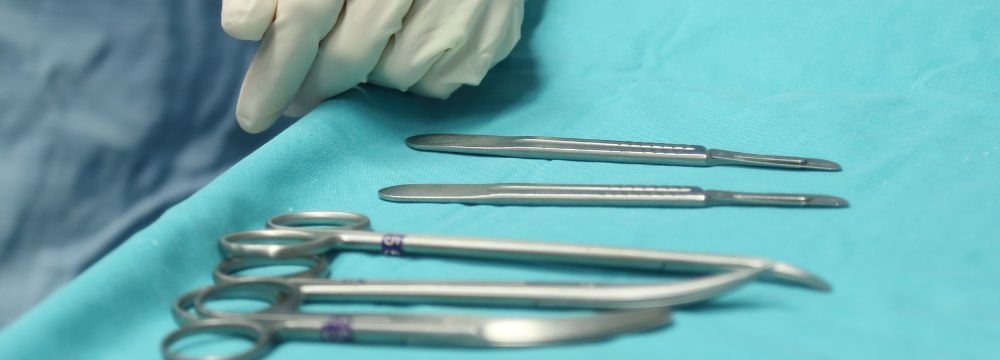
When we discuss hernias, one thing that often stands out in patients’ minds is that hernias do not heal or go away on their own. The nature of the abdominal fascia does not repair itself as many other organs and bodily structures can with time, lifestyle change, or conservative treatment. Instead, hernias are progressive and tend to worsen by slowly (or quickly) getting larger over time.
It’s also important to remember that hernias themselves are not inherently dangerous. This hole or tear in the fascia does not necessarily compromise your health. However, it does create the possibility of incarceration, where the hernia contents cannot be reduced back into the abdomen, or strangulation, where the incarcerated hernia contents (like fat, small or large intestine, or another organ) get pinched and lose blood flow. These emergencies require immediate care and surgery to avoid the possibility of tissue death. Should the incarcerated and especially strangulated hernia go untreated, the eventual surgical procedure may be far more complicated with less predictable results, and there is a genuine risk of dysfunction or even death.
With the Above Being Said, Who Should and Shouldn’t Have Hernia Surgery? Can You Wait?
Age is not a contraindication to elective hernia surgery. If a patient is healthy enough for surgery, then they are healthy enough to have a hernia repair regardless of age. The primary reasons for this are the risks of incarceration and strangulation, the consequences of which will be severe regardless of age. In a severely debilitated patient who is not active, hernia surgery can wait unless the patient develops signs of incarceration and/or strangulation.
Sometimes patients have life events that may get in the way of scheduling surgery such as weddings or trips. In general, if the hernia is not significantly symptomatic or has been present for a long time without change, such a hernia can be watched with instructions to the patient to look for the signs of incarceration and strangulation.
Patients with a femoral hernia are almost always indicated for surgery as soon as possible. Femoral hernias affect women far more than men and are characterized by a bulge in the upper thigh just below the groin crease. These hernias need to be treated sooner because they represent a significantly higher risk of strangulation. By some estimates, up to 20 or 25% of femoral hernias strangulate, making this an urgent concern.
Patients that are found to have a hernia, incidentally, meaning that the hernia was not found because of pain or a bulge but found by accident while looking for another condition, may not require surgery. While it is estimated that over 25% of all men will develop an inguinal hernia over their lifetimes, only a tiny fraction of those men ever discover they have it. Most men can live a full, unimpeded life with a hernia defect. We only suggest surgery if it is essential or causing problems.
Your Next Steps
While there is the option for watchful waiting after you’ve been diagnosed with a hernia, it is crucial that you visit a qualified hernia specialist like those at our practice. Understanding your hernia is essential in developing an appropriate treatment plan. Your hernia surgeon can discuss the benefits and risks of waiting or alternately having surgery. You can then make a fully informed decision on the best way forward. Just be sure that if you choose not to treat your hernia, you understand that hernias are progressive and will likely worsen with time.
We encourage you to contact our office if you are experiencing any symptoms associated with a hernia, including a lump, bulge, and/or pain anywhere in the abdomen. A qualified medical professional or general surgeon should always evaluate abdominal pain or discomfort to confirm the presence of a hernia or diagnose other abdominal concerns. We look forward to seeing you and discussing options for hernia repair at your consultation.




